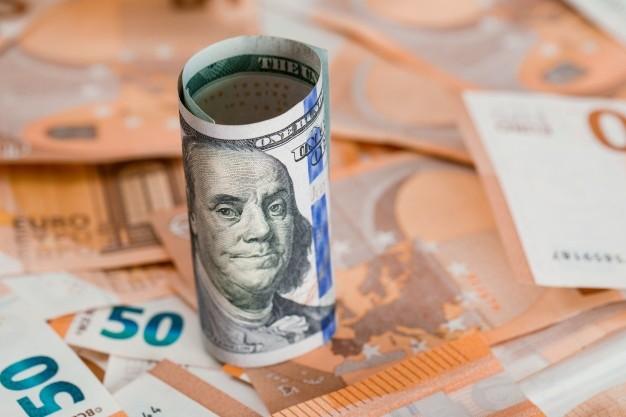The African Development Bank approved a grant worth $69 million to support Ghana’s efforts to tackle the COVID-19 pandemic and mitigate its socio-economic impact.
The grant is from the African Development Fund (ADF) a concessional arm of the African Development Bank.
The grant will provide fiscal budget support to finance the national COVID-19 Emergency Preparedness and Response Plan and Coronavirus Alleviation Program in Ghana.
The funds will specifically help upgrade the capacity of healthcare facilities to isolate, diagnose and care for the patient and provide more pharmaceuticals, test kits, equipment and beds. It will also support financial incentives and an insurance package for health and allied professionals as well as ensure adequate personal protective equipment (PPE) for health workers.
“Overall, the objective is to help contain the spread of the virus, expand testing and ease the impact of the virus on social and economic life, through measures aimed at protecting jobs, sustaining livelihoods and supporting small businesses,” said Marie-Laure Akin-Olugbade, the Bank’s Director-General for West Africa.
The African Development Fund is Crisis Response Budget Support operation, disbursable in a single tranche under the African Development Bank $10 billion COVID-19 Response Facility.
Under the COVID-19 response program in Ghana, all affected persons will receive free treatment and free water supply. In the private sector, Micro, Small and Medium Enterprises (MSMEs) will benefit from a soft loan scheme with one-year moratorium and two-year repayment period. It will also benefit from a tax freeze and refund, direct subsidies and a guarantee fund which will enable businesses to access bank credit.
By the end of December 2020, the program also aims at increasing the percentage of the population tested from one per cent to three per cent, by the end of September 2020, boost the number of points of entry reporting suspected cases of COVID-19 from 1 to 14 and by end December 2020 increase designated treatment centres with adequate intensive care facilities to 100 per cent.
The economy of Ghana, which exports cocoa, gold and oil, has been negatively affected by a significant increase in public spending due to COVID-19. In 2020, the real GDP growth is projected at 2.1 per cent compared to 6.1 per cent in 2019.
While due to a decline in export earnings and lower tourism revenues and remittances, the current account deficit is forecast to widen to 3.6 per cent compared to 3 per cent in 2019.
